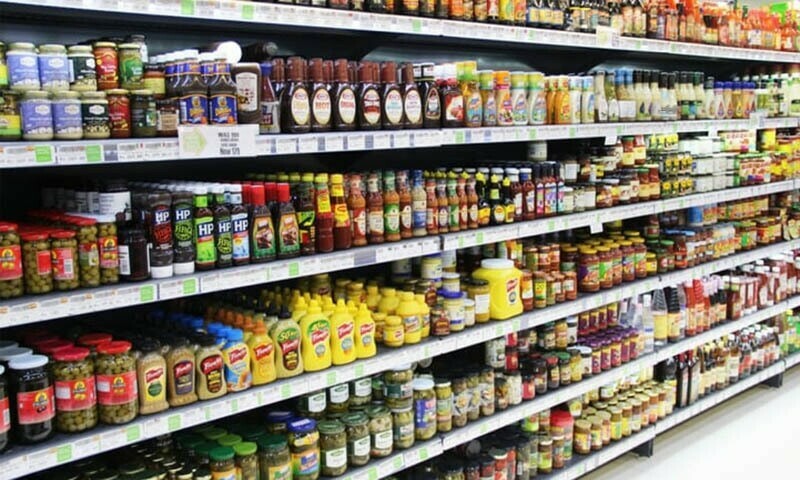ISLAMABAD: Pakistan’s food import bill surged to nearly $7 billion during the first 10 months of the current fiscal year, rising from $6.82bn in the same period last year. The increase was primarily driven by higher imports of edible oil, tea and sugar to meet domestic demand.
According to data released by the Pakistan Bureau of Statistics, palm oil constituted the largest share among imported food items, followed by pulses, tea, soya bean oil and sugar.
The value of palm oil imports surged to $2.87bn during July-April FY25, up from $2.30bn a year ago, reflecting a growth of 24.78 per cent. In response to escalating domestic consumption, Pakistan imported pulses worth $917.89 during the period compared to $687.74m in the same period last year, showing an increase of 33.5pc.
The import bill for all other food items rose 0.54pc to $1.841bn in the 10-month period from $1.831bn a year ago. The imports of tea experienced a slight decrease of 5.13pc during the reviewed months, with its value dropping to $519.37m from $547.43m.
Exports slip slightly to $6.2bn
The import of soya bean oil soared 140pc to $279.63m compared to $116.60m a year ago. The US government has expressed its concerns to Pakistan regarding the import of soya bean oil, highlighting that failure to comply could result in a 29pc tariff on Pakistan’s exports to the US market.
The import of milk, cream and milk food for infants grew 18.35pc to $103.32m in July-April against $87.31m last year. The growth in imports was recorded despite the tax introduced in last year’s budget.
Export bill
Contrary to this, the exports of Pakistan’s raw food exports fell slightly by one per cent to $6.16bn during July-April compared to $6.23bn last year, mainly driven by a decline in sugar and non-basmati rice shipments.
The food exports have increased for 20 straight months, despite unparalleled food inflation in the country’s history. Because of supply and demand imbalances, consumers across the country are paying more for food items, particularly sugar, meat and poultry products.
In the 10-month period under review, the overall rice shipments declined by 9.7pc year-on-year to $2.96bn from $3.28bn. This decline is mainly due to a drop in exports of non-basmati rice.
Product-wise details show that the quantity of basmati rice shipments rose 14.8pc to 702,598 tonnes year-on-year and its value by 3.4pc to $722.71 million.
Exports of non-basmati rice dipped 13.2pc year-on-year to $2.24bn. However, the export quantity dropped 2.05pc to 4.383m tonnes.
Meat exports also dipped slightly by 1.2pc during the period. Vegetable exports fell 13.5pc, mainly due to falling shipments of onions, potatoes and tomatoes. Fruit exports also dropped by 5.7pc. Fish and seafood exports recorded modest growth of 8.4pc during the period under review.
Published in Dawn, May 18th, 2025


